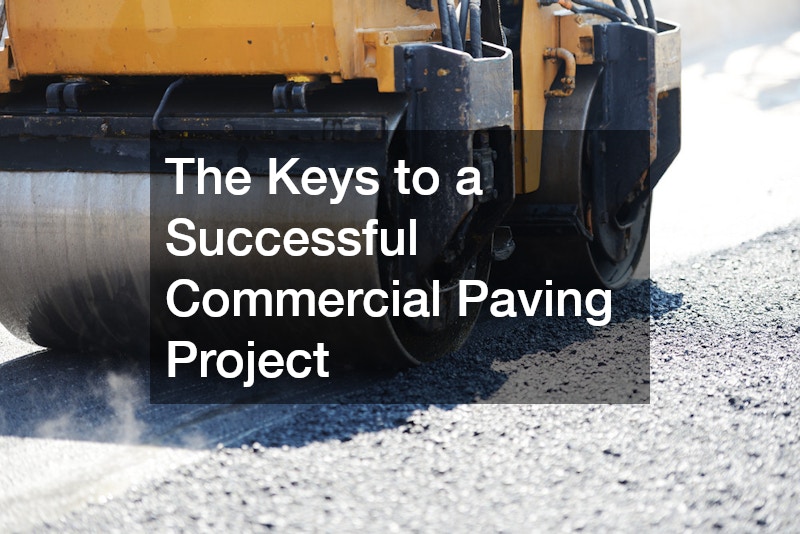
When an inventor’s patent is breached, an automatic patent infringement lawsuits is triggered. However, patent litigation is often a lengthy, cumbersome and expensive court process despite the high success rate of winning this sort of cases. For many years now, patent litigation has been likened to the classic biblical story of David-versus-Goliath whereby the plaintiff and defendant in a patent litigation are in a struggle. However, in such a case, the defendant is often an entity with full legal backing and unlimited resources while the plaintiff can be a small corporation or an individual. With maximum resources, the defendant will forge a strong court case and aggressively fight the plaintiff in every way possible. But again, in copyright and intellectual property cases, you are never too sure even with a legitimate patent and a strong claim backing you.
Usually, experience and proper pre-litigation strategy are the main determinants for a successful patent litigation resolution. Any other resources will be an added advantage to whichever side, either the plaintiff or the defendant.
When contesting a copyright claim, there are obvious outcomes you can expect. And as a patent owner, it is crucial that you understand them. They include,
Injunctive Relief
As one of the possible outcomes of patent claims, an attorney can work out an injunction that halts the patent infringer from using the patent to sell an infringed product or service. While this option ceases further exploitation of the patent, it doesn’t provide compensation to the patent owner. However, there are instances where a patent injunction may be revoked. This is possible if the patent holder does not offer goods or services that use the patent.
Exclusion Order
Similar to a permanent injunction, an exclusion order prohibits the patent infringer from using the patent in the sale of good or services, but in this case, it applies to imported goods. If you are the patent holder and you run a legitimate and registered domestic business, you stand a better chance of winning back the patent rights. Through Internation Trade Commission, you can submit your claims and the Commission will issue an exclusion order to the foreign entity. The only limitation to this approach is the lack of compensation to a patent holder as in the case of an injunction. However, you can pursue double claims that seek for an exclusion order as well as monetary benefits.
Monetary Compensation
Whether you obtain a permanent injunction or not, as a patent holder you rightful deserve to be compensated by the infringer. For instance, if you were initially earning some monetary benefits through you patent invention, product or service and due to infringement you no longer enjoy those profits, you may be entitled to recover monetary damages. Most patent inventions attract royalties whether or not there is a product or service involved.
Negotiated Settlement
Patent law allows for negotiation between the plaintiff and the defendant. With a good litigation firm by your side, you can avoid the obvious expensive court process and negotiate a settlement. Normally, during this negotiation process, the patent owner may request retroactive payments for prior infringement and use of the patent. This can be an excellent litigation approach if all the parties will come to an agreement.
Lastly, under copyright and patent law mediation can be another litigation approach, Here, a qualified and experienced patent litigation plaintiff may trigger settlements by introducing a mediator. It’s an approach that cuts the rigorous litigation process and avoids trials. The idea is to strike a deal between the plaintiff and the defendant.





